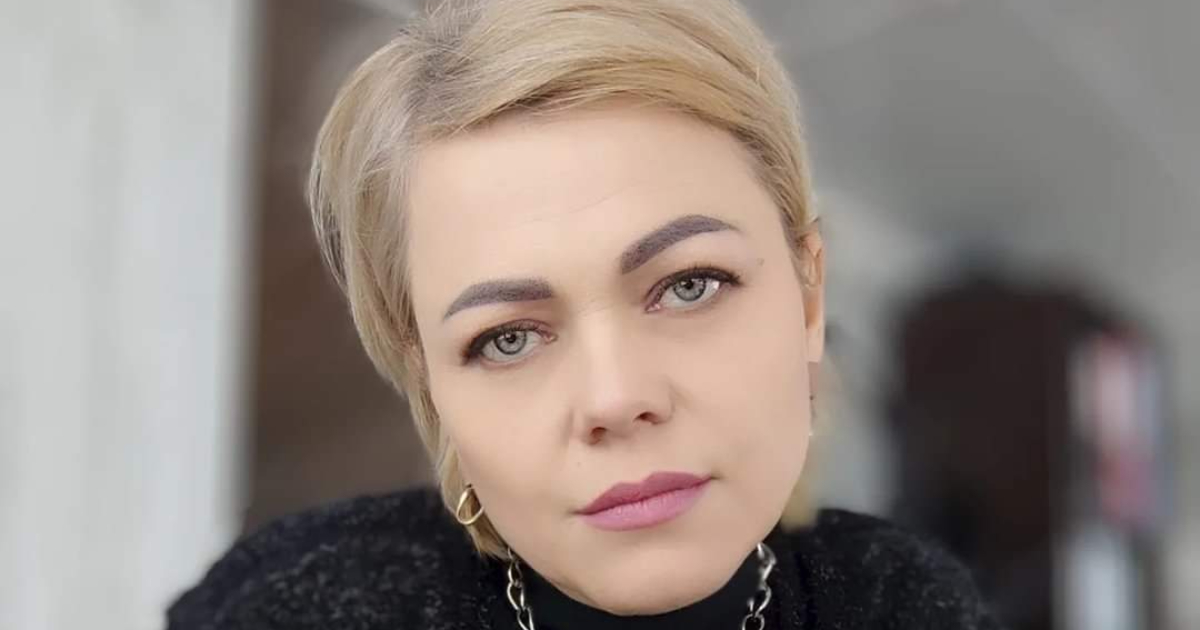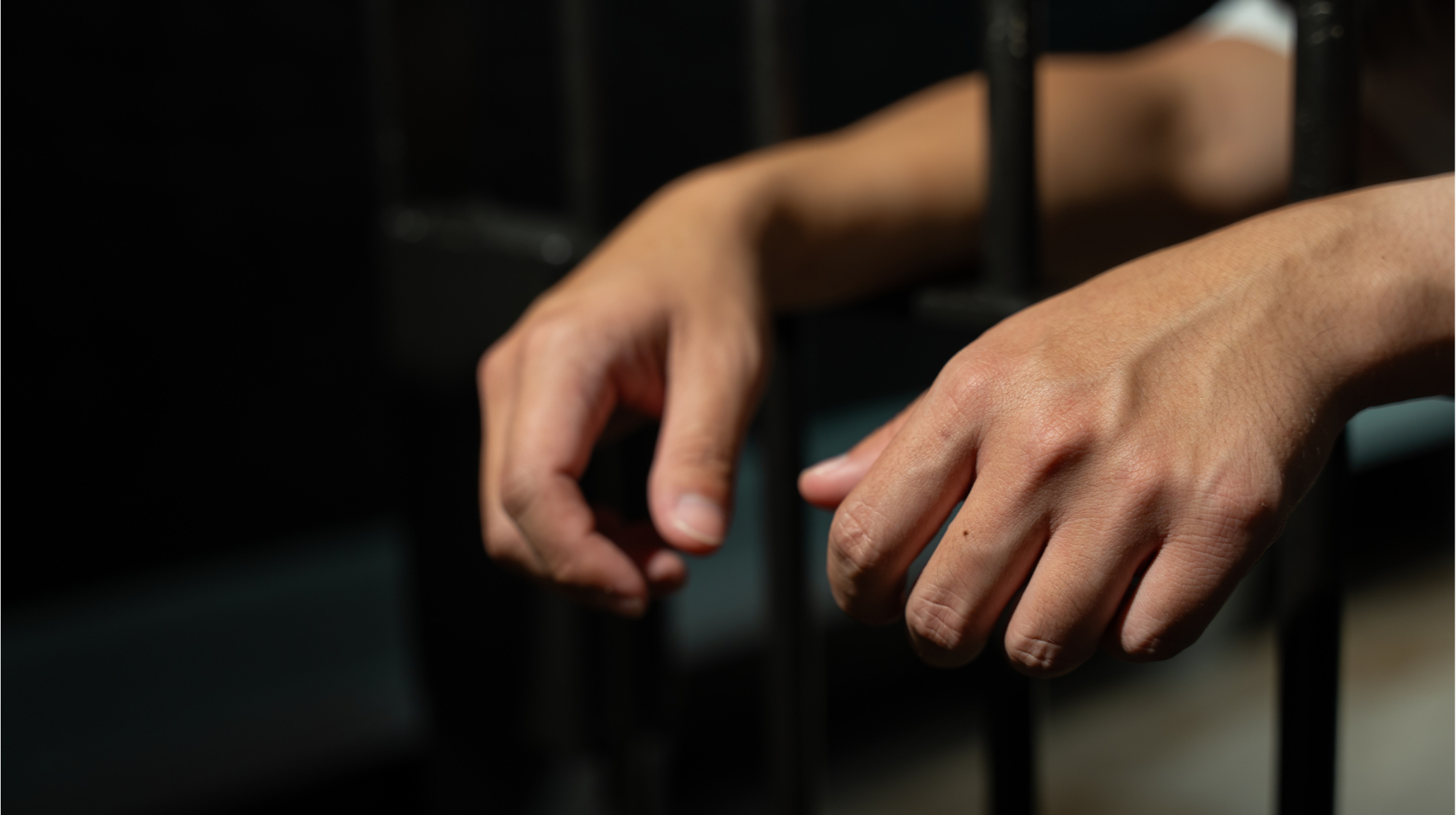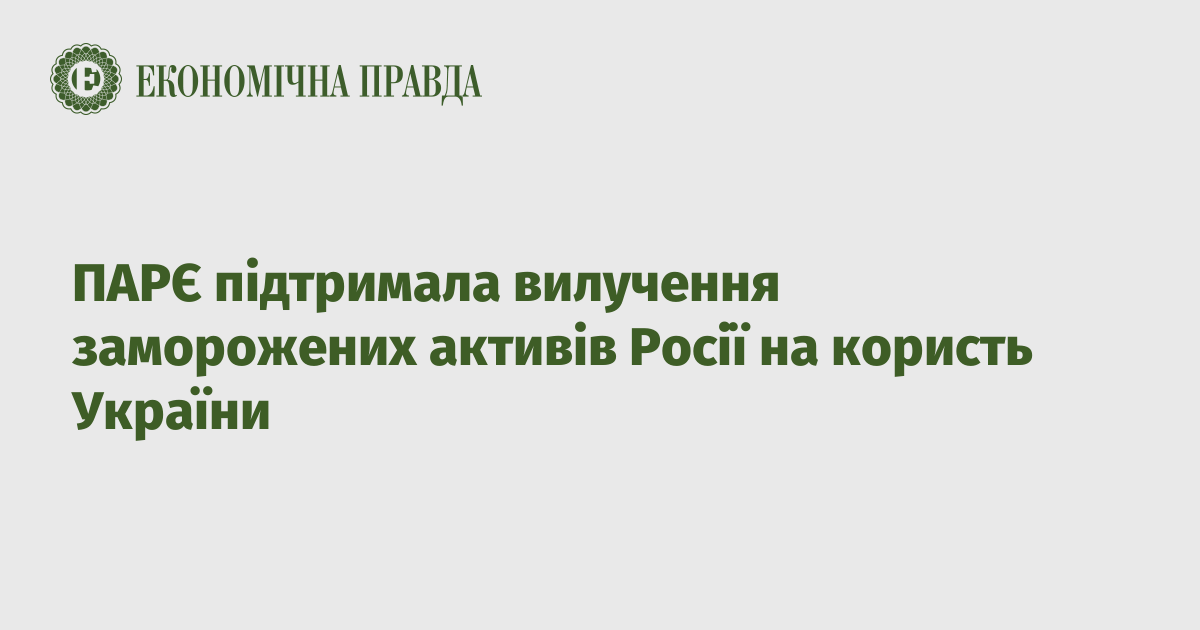“People have nowhere else to live.” The history of Kharkiv residents who survived the bombings

“This war has shown that the most important things in your life are people. People who sacrifice themselves to help others. People who volunteer 24 hours a day. Who let complete strangers live in their home for free. Who carry the last thing to give the most necessary for those who need it,” says Tetyana Binchuk, a resident of Kharkiv. The woman, along with her husband, son and mother, spent 42 days in fiery Kharkiv. 42 days under continuous shelling, in the dark, in danger of finding food and medicine. UP Life within the framework of the “Hide Your Own” project tells how the family managed to survive under the Russian shells that wiped Kharkiv off the face of the earth. But how did you manage to find the zest for life in a new city. “Houses with solid holes” Kharkiv literally suffered from Russian shelling in the first month of the war. The invaders ransacked the city, as if they were trying to destroy it in ashes. Residential areas and the center were attacked the most, attacking historic buildings. In particular, they destroyed one of Kharkiv’s architectural landmarks – the Palace of Labor on Constitution Square. The building of Kharkiv Karazin University was destroyed. They destroyed the building of the regional state administration, which is opposite Freedom Square. “We lived in Saltivka. The first time was very scary. And then I thought about one thing: when a shell hits, it should kill me immediately, so as not to suffer. There was an attack on my mother’s house, the entrance next door was destroyed, and the walls of my mother’s fragments from shells remained. It was a cluster bomb, it breaks very strangely – in some waves. For example, in a 12-story building, the windows on the first floor can remain intact, and on the second floor they can completely fly out. Then 3-4 floors are intact, and on the 5th everything is knocked out. The same thing can happen with entrances: one is completely broken, and the neighboring one is intact. There are houses with solid holes in the apartments. And people somehow patch those holes and live,” says Tetyana Binchuk. Tetyana Binchuk In the first month, about 30% of the population left Kharkiv. Many people from the house where Tatyana lived quickly gathered and left their home. At first, her family did not plan to flee, because they did not believe that the fighting could drag on for a long time. All family members gathered in one apartment and hid there for 42 days, while they believed in the quick end of the war. “The Russian aviation was so fierce that we understood: if a bomb suddenly hits the basement, nothing will save us. And the subway was crowded, and mostly people with children were hiding there. We sat at home and prayed. It happened that for four days in a row they couldn’t stick their noses out into the street, it was so thundering,” the woman from Kharkiv recalls. Tatyana says that her hands began to shake due to constant stress. The fear was incredible, and the shelling was so frequent that in a few days people learned to distinguish between the types of weapons that were being fired and from which direction. “We hardly slept. And when we fell asleep, we constantly woke up from loud noises, or when the windows in the neighboring house flew out. With screams, we quickly ran into the corridor to at least hide behind a few walls. And the house literally shook. There was one night when we were bombarded very powerfully, and I literally passed out from exhaustion and didn’t hear anything. My husband and son sat on my bed, so that in case of something they could drag me into the corridor. But they didn’t wake me up, so that I could sleep at least one night,” Tatyana sobs. The woman says that many of her friends and colleagues have no homes left – everything has been destroyed. According to the mayor Igor Terekhov, more than 5,000 houses were destroyed in the city. 500 of them cannot be reconstructed. Currently, 150,000 Kharkiv residents are homeless and are housed in dormitories. “A kilogram of lard for 50 people” It was very difficult to get food in the first month of the war. Money had no weight: there was nowhere to spend it or exchange it for something useful. People survived in the literal sense of the word: they looked for food literally under shelling – both under artillery and automatic rounds. They hid where they were seen. “In search of food, we grouped with our neighbors: from the very morning, as soon as the curfew ended, we went in different directions to see what was working and what was being sold. In the first days of the war, supermarkets were still working: even those that had already been damaged by shelling: where were broken windows, they were fixed and continued their work,” says Tetyana Binchuk. Prices have increased several times. For example, potatoes cost 40 hryvnias, and before the war – 8 hryvnias. Cabbage had to be paid for like a large piece of good meat. Eggs jumped from UAH 10 to UAH 50, and it was impossible to buy them because there were none. Therefore, people exchanged among themselves who has what. “One day, volunteers brought us a kilogram of lard, half a fresh chicken, half a bag of potatoes, some cucumbers, onions. At that time, there were approximately 50 people left in our house. The chicken was given to those who had small children. And I divided that kilogram of lard into 50 people – 20 grams per person. I didn’t know how to do it, and when I was handing out, footage from films about the Second World War stood before my eyes,” says the woman from Kharkiv. People ate mostly pasta, bread, homemade fresh lavash, pancakes. Those who had supplies of flour baked bread and shared it with others. At first, there was no meat in supermarkets, it appeared only a few weeks later. And it cost UAH 300 per kilogram. Sausage was also at an unbelievable price. However, people did not dare to spend such money on meat, because they did not know how much longer they would have to live in difficult conditions. “I will never forget how happy I was when my husband got a skin from lard somewhere. A piece of that skin with black bread was some incredibly delicious delicacy,” the woman recalls. And the money was rapidly running out, as people lost their jobs. Before the war, Tetyana Binchuk worked as a deputy head of insurance in the border department. It was very close to the border, and the shells landed in that area first. So the office is no longer there, and the woman has nowhere to return to work in her native Kharkiv. At the same time, the city held on: electricity and heating were available almost all the time, garbage was removed. “I want to recognize our incredible electricians – they kept the lights on throughout the hellish period of heavy shelling. I can’t even imagine how much effort it cost them. The longest time we spent without electricity was eight hours. You can also erect a monument to the utility to the city services, who cleaned and looked after our Kharkiv under fire. This is how you come to realize that money is not important at all – people are important: who help you, do something for you, and for whom you can also do something,” says the woman. A woman together with her husband, son and mother spent 42 days in fiery Kharkiv “Shocked by the generosity of Ukrainians” In the first month of the war, 30% of the population left Kharkiv. Tatyana herself was afraid to go: she did not know where to go, how and where to settle. She also did not understand whether her sick mother would survive the journey. They hoped for only one thing: it would all be short-lived, and it would soon be over. But at the beginning of April, the family couldn’t stand it, the shelling became unbearable, panic gripped people. They dared to get out of hell, because their friends had already left for Vinnytsia and called them to their home. So they took a minimum of things with them, bought train tickets with their last funds and left. “When we were going to the station in a taxi, I sat with my eyes closed the whole way. I couldn’t look at the destroyed city. I only heard my husband’s comments: “And this is gone, and that is gone.” And I sat and thought: I was driving down the street , which no longer exists, people have nowhere else to live,” Tetyana Binchuk recalls her difficult emotions. So the family arrived in Vinnytsia. And for almost a year now, together with friends, they have been living for free in a private house, in which they were sheltered by a local resident. The owner of the house went abroad with her children. And she allowed the settlers to use everything in the house. “I was shocked by the generosity of Ukrainians, their willingness to support. Because letting strangers into your home is a kind of risk. Here, we, the displaced, must behave responsibly and with gratitude. So in the winter, I already insisted that we pay for communal services “, the woman says. She says that when she arrived in Vinnytsia, she was frightened by the roar of cars, because cars did not drive in Kharkiv due to constant shelling. The light was also unusual, because the people of Kharkiv were sitting in complete darkness due to the light masking. It was strange to even see people, because the streets of Kharkiv were empty. “I was very worried about how I would be received in Vinnytsia, because I speak Russian, and at that time I did not speak Ukrainian very well. So I was worried that they would treat me with some skepticism. But nothing like that happened. People are so responsive and pleasant that very tight,” says Tetyana. Having arrived in a new city, the family decided that it is necessary to help – both the Armed Forces, and in general those who need it. needs That’s how they found out that an acquaintance works in a volunteer center. So, in a few days, Tatiana and her son joined the work of a public organization. “This is a kind of beehive where everyone works. About 100 people are involved here, and everyone does their job: someone weaves camouflage nets, someone sorts clothes, someone packs food. I first asked for camouflage nets. And then a lot of clothes arrived at the center , which needed to be sorted and handed over to the resettled people. So I went to help,” the woman recounts. Clothing for immigrants is actually very important. Because people run away from war usually in what they were wearing at the time of the flight. “So I started choosing clothes for other immigrants. I tried not to offend people with low-quality things, I chose according to size, style, color. And people remained satisfied. I don’t call our center second-hand, I call it a boutique. Because many people told us : “I could never afford to buy such nice things, and now I have them,” says the woman. So Tatyana has been working at the NGO for almost a year, currently she is the curator of the center. “That supported me a lot and helped me get out of a state of shock , is communication with people. Many Kharkiv residents turned out to be in Vinnytsia. And thanks to these conversations, you calm down, little by little you forget the horrors you had to go through. And you work – you work to help your army. I was so fascinated by volunteering that I never thought about anything else. I had to do my own thing,” the woman shares the secrets of recovery. In addition to volunteering, Tetyana Binchuk found a part-time job: she works part-time as an insurance agent. Also, Tetyana’s husband and son currently work in Vinnytsia. “I feel quite comfortable here, there are incredible people here. Of course, I really want to go home, to my city, to my apartment, to my bed. But at the moment I don’t know how to be. Because there is no work for me in Kharkiv. So we live for today and wait for victory,” the woman adds. *** On the “Shelter” website, caring Ukrainians can offer housing for displaced people by posting a relevant ad. So IDPs can find temporary shelter in any region of Ukraine or abroad, for several days or for a longer period. The filter system will help you easily choose an option that meets your criteria and quickly contact the owner. This is a completely volunteer initiative. It was launched on the first day of the full-scale invasion by People’s Deputy of Ukraine Halyna Yanchenko. Later, the “Shelter” program ” received state support. Homeowners who sheltered displaced persons receive compensation from the state for the payment of communal services – 900 hryvnias per person per month. There are now about 16,000 ads on the site. The page has been translated into 40 languages. Viktoriya Yarizhko, specially for UP. Life
Original Source Link











